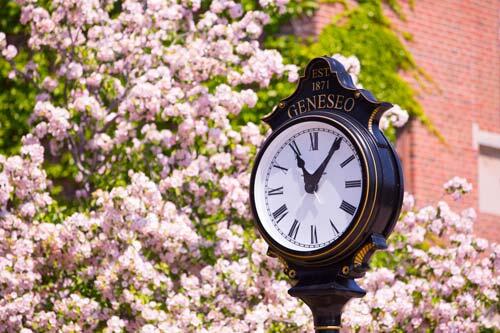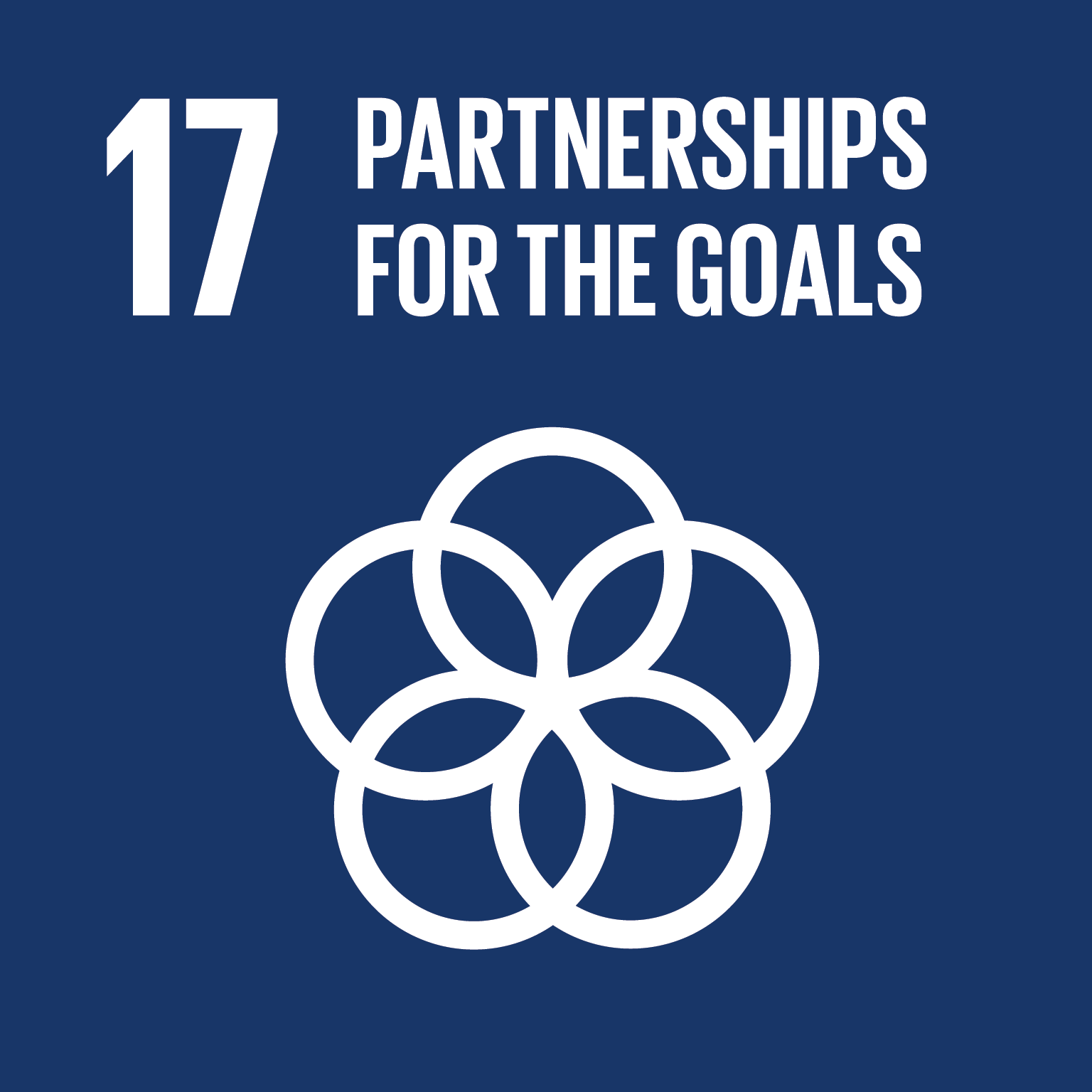
 Clinton Global Initiative University (CGI U) was started in 2007 by Bill Clinton, 42nd President of the United States, as an extension of the Clinton Global Initiative — which brings together world leaders to take action on global challenges. CGI U brings the next generation of leaders and innovators together in order to collaborate and develop specific “Commitment to Action” plans. These plans are designed to offer solutions to such worldly issues as the CGI U’s five focus areas, which are education, environment and climate change, peace and human rights, poverty alleviation and public health. Since 2008, students have made more than 5,500 commitments resulting in nearly $2 million being funded to the plans.
Clinton Global Initiative University (CGI U) was started in 2007 by Bill Clinton, 42nd President of the United States, as an extension of the Clinton Global Initiative — which brings together world leaders to take action on global challenges. CGI U brings the next generation of leaders and innovators together in order to collaborate and develop specific “Commitment to Action” plans. These plans are designed to offer solutions to such worldly issues as the CGI U’s five focus areas, which are education, environment and climate change, peace and human rights, poverty alleviation and public health. Since 2008, students have made more than 5,500 commitments resulting in nearly $2 million being funded to the plans.
The ninth installation of CGI U was comprised of more than 70 colleges and universities, including (for the second time) four representatives from SUNY Geneseo. The four students who attended are seniors Matthew McClure—who also represented Geneseo at the CGI U 2015 meeting—and Benjamin Conard; sophomore Kristine Chauncey; and freshman Mary Rutigliano. Of the four, Conard and Chauncey will be presenting their project as partners.
After attending the CGI U meeting in 2015, McClure had the opportunity to work with Haiti Outreach Pwoje Espwa (HOPE)—a non-governmental organization in Borgne, Haiti—to develop the first community library as a part of his Commitment to Action. McClure currently works with HOPE now, too. At this year’s meeting, McClure worked to expand the library by creating a virtual space where library-based community organizations and new, global partners can collaborate and maintain projects with his plan “Rural Haitian Library: A Center for Intercultural Exchange.”
Conard and Chauncey’s project—titled “Five North”—is committed toward alleviating poverty, fighting child labor and promoting gender equality in the workforce. The company manufactures candy by using ingredients from South America and Africa, which will impact the surrounding communities’ economy greatly. Furthermore, the ingredients will be purchased under fair trade standards, which will eventually help those communities around the world that rely on agriculture for their livelihood.
Rutigliano worked to get seed money for her project “La Casa de Cultura: Promoting Indigenous Artistic Traditions.” Taking place in El Sauce, Nicaragua, her project includes an arts council that will promote local musicians and artisans by providing the people with such things as classes.
Follow their journey with campus photographer Keith Walters '11.